This article is part of our digital feature on dairy.
Lithuanian cheese producers have their sights set on the UK. But don’t expect a rush of Lithuanian commodity cheeses any time soon; the country simply cannot compete with Europe’s more established dairy nations in terms of scale. Instead, it’s looking to compete on quality.
In doing so, Lithuanian cheesemakers are playing to their strengths. Lithuania still has an average dairy herd size of just five cows, compared to an EU average of 27. What they lack in quantity they make up for in quality: an abundance of unexploited, herb-rich meadows and a national obsession with craftsmanship and reclaiming traditions lost under Soviet rule.
This extends to cheese making. Now, with exports to Russia (previously a major market for Lithuanian producers) blocked by a 2013 trade embargo, the country’s cheesemakers are looking to compete with the finest French and Italian offerings here in the west.
Enter Džiugas, a hard cheese akin to Parmigiano Reggiano, produced by one of Lithuania’s biggest dairy processors, Žemaitijos Pienas. In the past year, exports to 15 countries including Italy, France, Germany and Spain have surged 20%. The brand is now moving on the UK, having recently opened a dedicated sales office in an effort to secure listings in the mults.
It’s even mooted bringing its chain of Džiugashouse cheese cafes – selling a range of cheeses, cheese-infused cakes and chocolates and speciality ice cream and hugely popular in the Baltic – to London. The prospect of cheese cafes springing up in London probably won’t be enough to worry Starbucks, although a new competitor in the speciality cheese aisle might worry existing brands.
Topics
10 Things You Need To Know About… Dairy
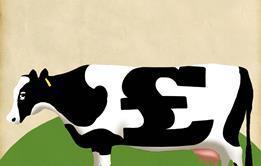
From cash cows to milk with added benefits… the latest in our programme of digital features delves deep into the UK dairy industry.
- 1
- 2
- 3
- 4
- 5
- 6
- 7
- 8
- 9
- 10
 Currently
reading
Currently
reading
Market watch: Lithuanian cheese makers eye UK market














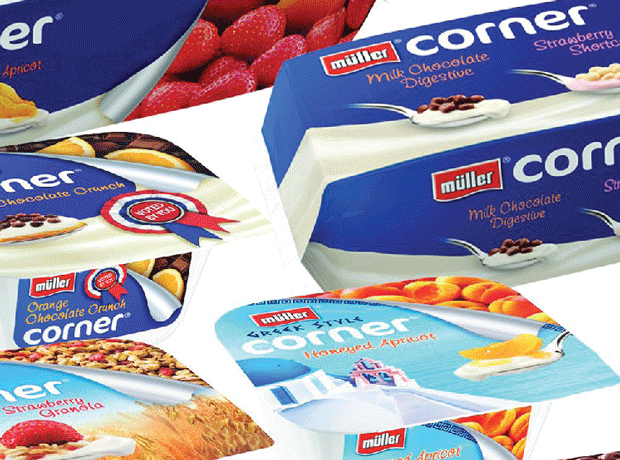












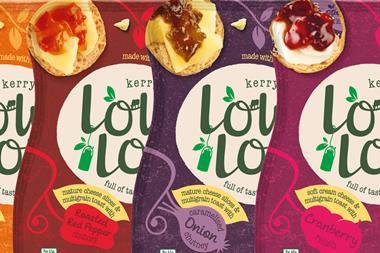

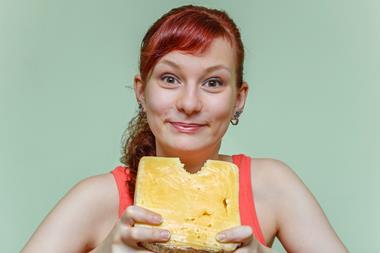
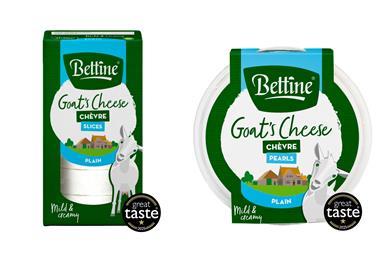

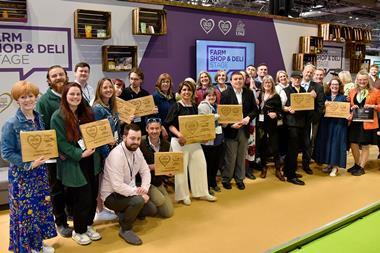






No comments yet